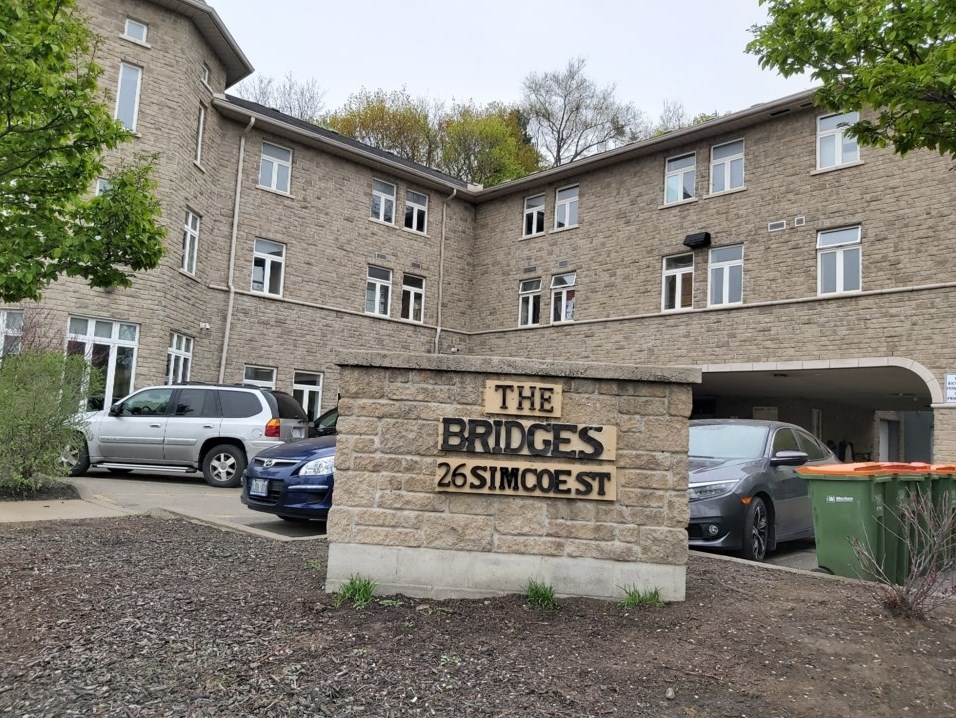The Region of Waterloo said it's following Toronto's lead in asking the federal government for financial support to provide interim housing for refugee claimants that have overwhelmed local shelters.
Commissioner of community services Peter Sweeney said the region is putting together a formal request to the feds this week that seeks funding to manage an influx of international asylum seekers who arrived at the doorsteps of local shelters over the last month.
The request, bolstered by outreach to local MPs by regional chair Karen Redman, comes a month after Canada’s Immigration Minister Sean Fraser announced $210 million in federal funding to process and house an influx of refugees, dozens of which overwhelmed the City of Toronto’s shelter system in July.
Some of those refugees ended up sleeping in Toronto streets when they couldn’t access federal support.
In response, the feds gave the city $97 million of that interim housing funding, while many sought shelter in outlying communities, including Waterloo region, which is now in dealing with its own refugee crisis.
Regional councillor Pam Wolf said refugees often fall through the social safety net that exists for other groups and believes if the region gets everything it wants from the feds, it’ll cost about $46 million.
Part of that money will support local shelters in managing the influx while the region works toward creating a purpose built settlement home for refugee claimants, she said.
Regional councillor Doug Craig brought the issue to the table at Tuesday’s administration and finance committee meeting after learning The Bridges housed close to 20 refugees in July.
“I don’t feel that’s a good mix. We have to be aware of that. We can always plead for federal funding. Unfortunately that doesn’t always come through,” Craig said.
Executive director of Cambridge Shelter Corp. Wayne Paddick confirmed July saw an unprecedented surge in the number of refugees seeking shelter at The Bridges which is still housing between 14 and 16 refugees a night.
“We haven’t had to turn anybody away,” Paddick said, adding he worries if the situation doesn’t improve, it could come to that once the weather turns cooler and demand from local shelter users picks up.
In other shelters across the region where demand for beds is greater, Paddick has heard the refugee influx has led to heated exchanges between some local shelter seekers and staff.
In Cambridge, the biggest strain it has put on Bridges staff is the time it takes to process each claimant.
Some don’t speak English and arrive with little more than a passport and the clothing on their backs.
He said it takes about four hours of work with each claimant to establish identity, figure out their country of origin, understand their financial situations and connect them with refugee and multicultural support services.
“It’s taking away from what our housing team usually does,” Paddick said. “Thank goodness we have staff that can speak the language and can understand them.”
Paddick said federal support would allow Cambridge Shelter Corp. and others to bring in dedicated staff from places like the Compass Refugee Centre or consulates to better serve the claimants, many of whom are arriving from African nations like Kenya and Nigeria.
After hearing that a refugee camp in Kenya had a polio outbreak, Paddick worried the shelter would have to somehow provide screening for infectious diseases.
“We are seeing folks access the shelter system as a last resort and it’s not the most appropriate space obviously and we need to look at it more comprehensively for folks who have specific needs and specific stories that come with them that are different than some other folks who are from this community originally,” Sweeney told regional councillors.
Although he was unable to provide a specific number of local refugee claimants, Sweeney said 20 per cent of families accessing support in the shelters are refugees.
“This is a challenging situation that our community and communities across the country are facing and it requires a comprehensive and unique approach to ensure that we provide the folks that are choosing to come here, either as a primary location or as a secondary migration pattern, the support that they need to thrive in this community,” he said.



